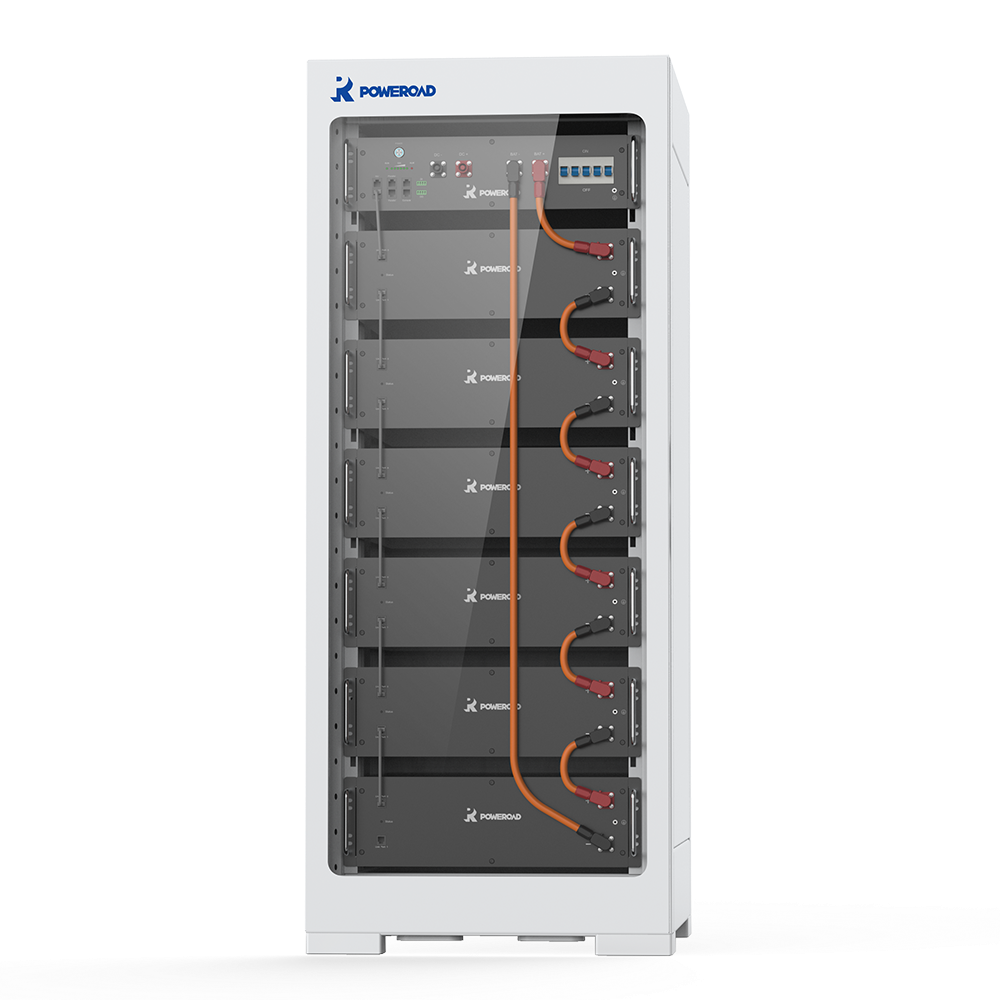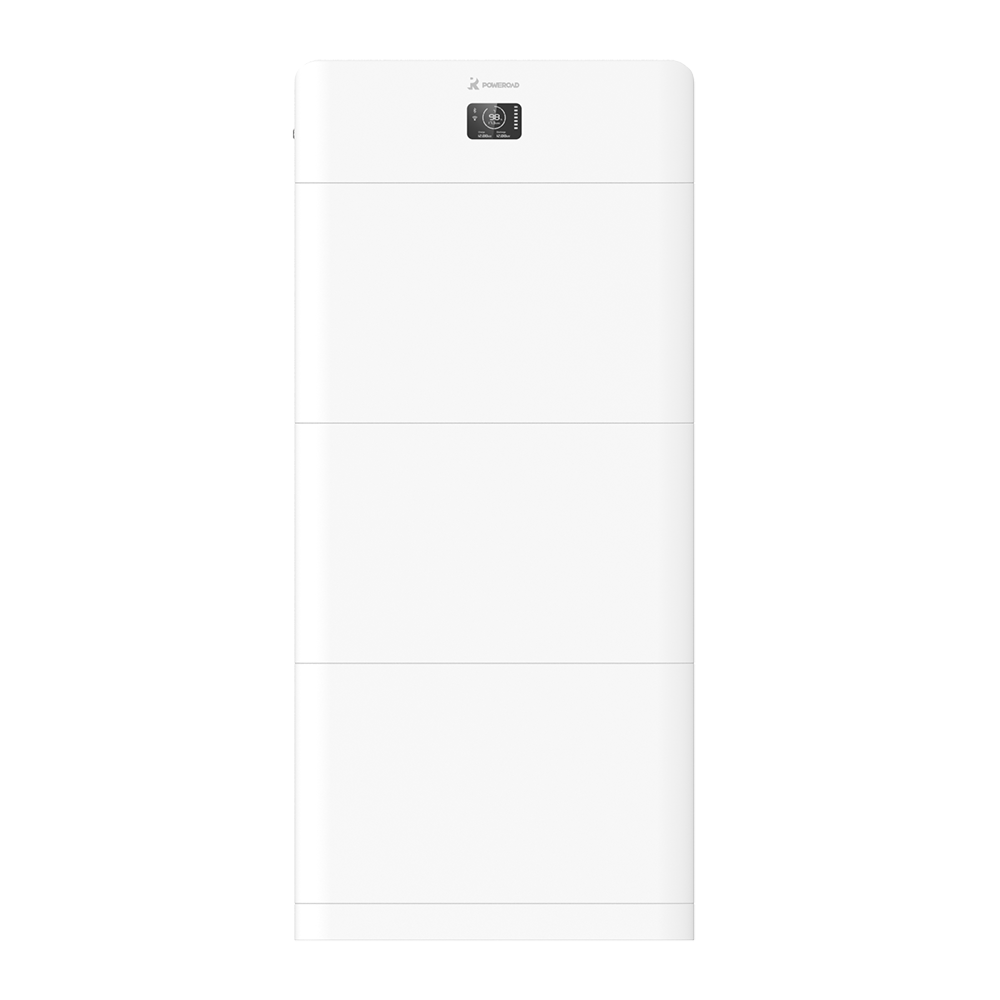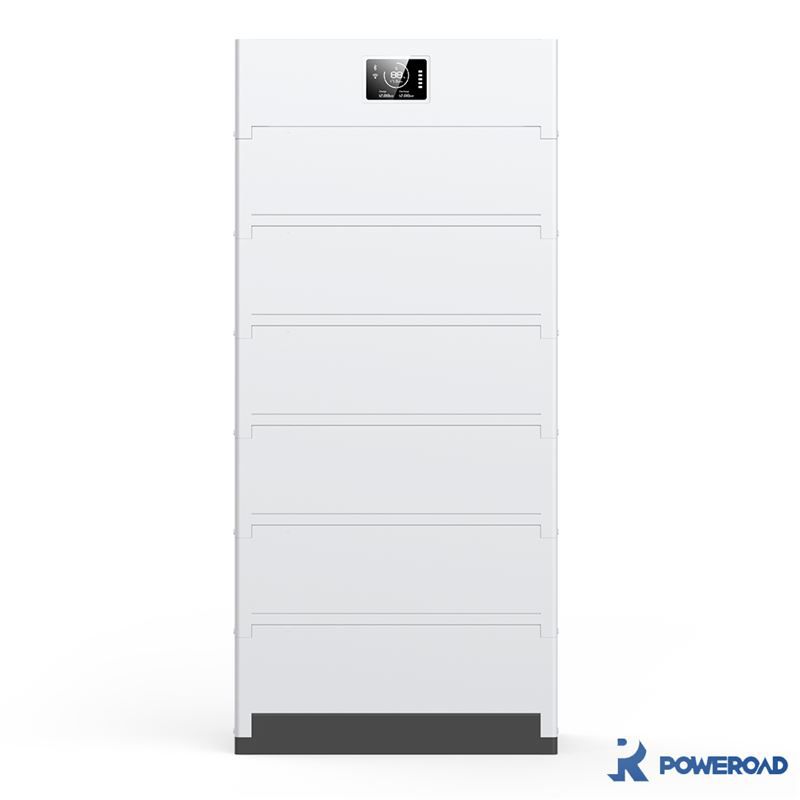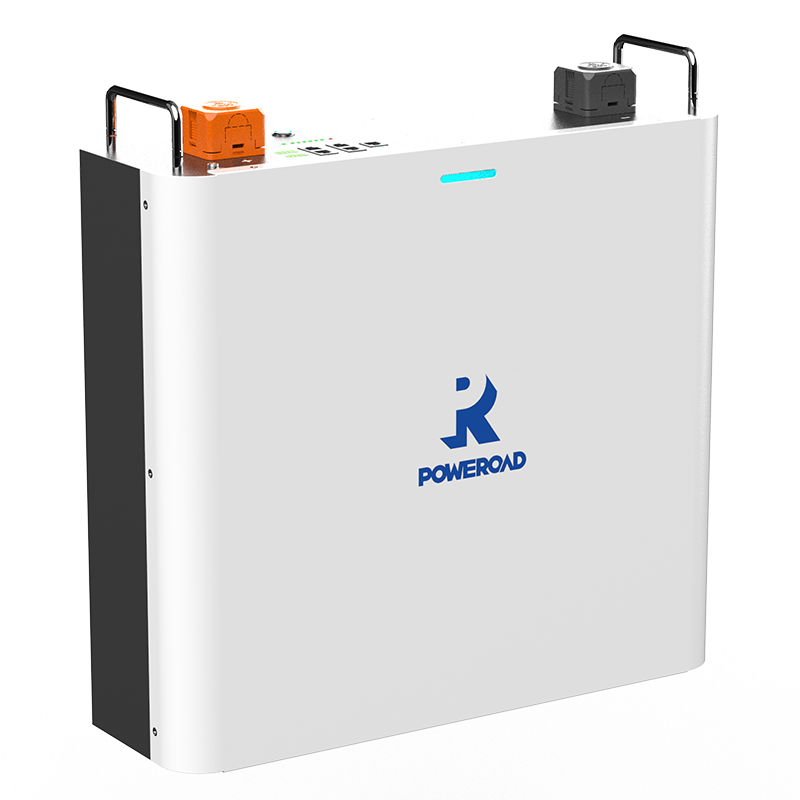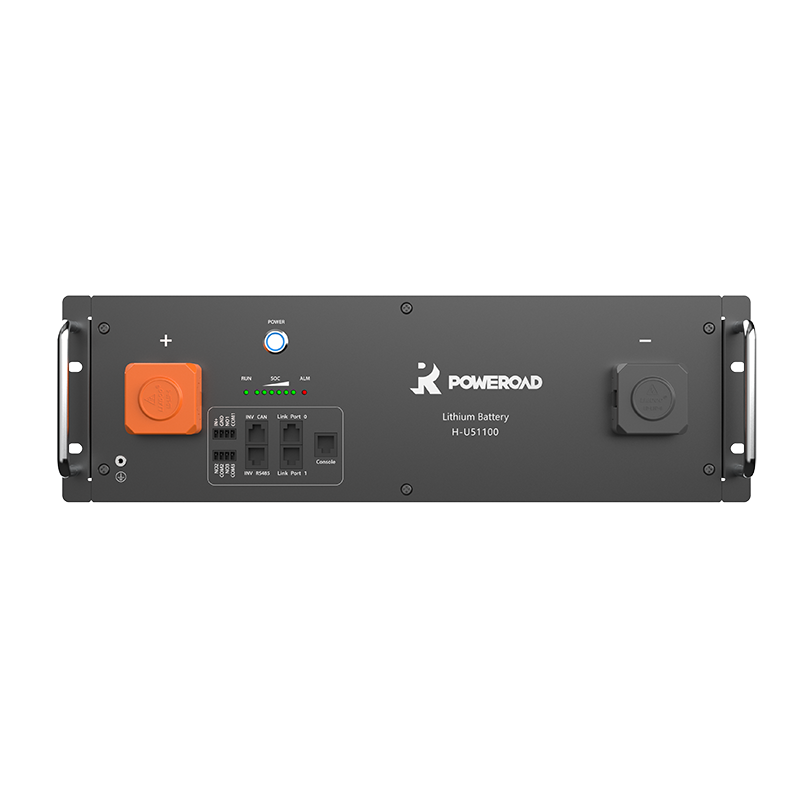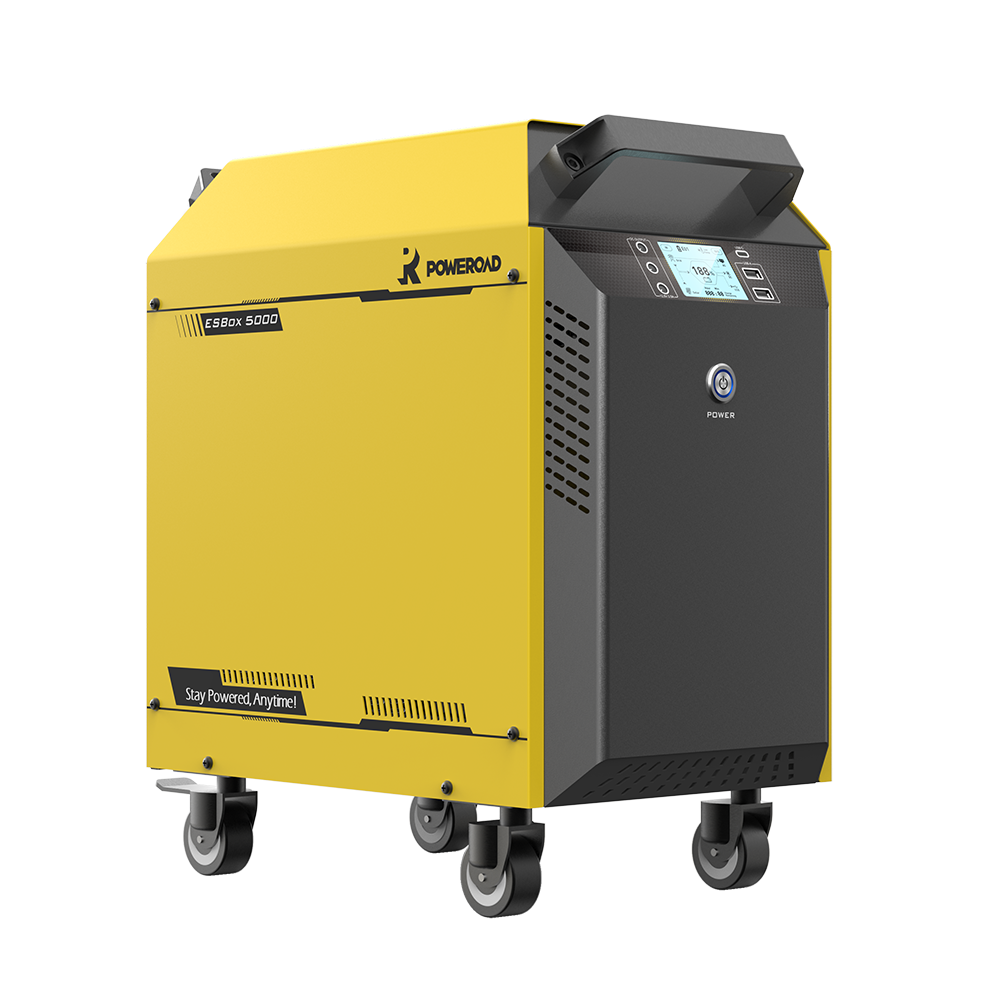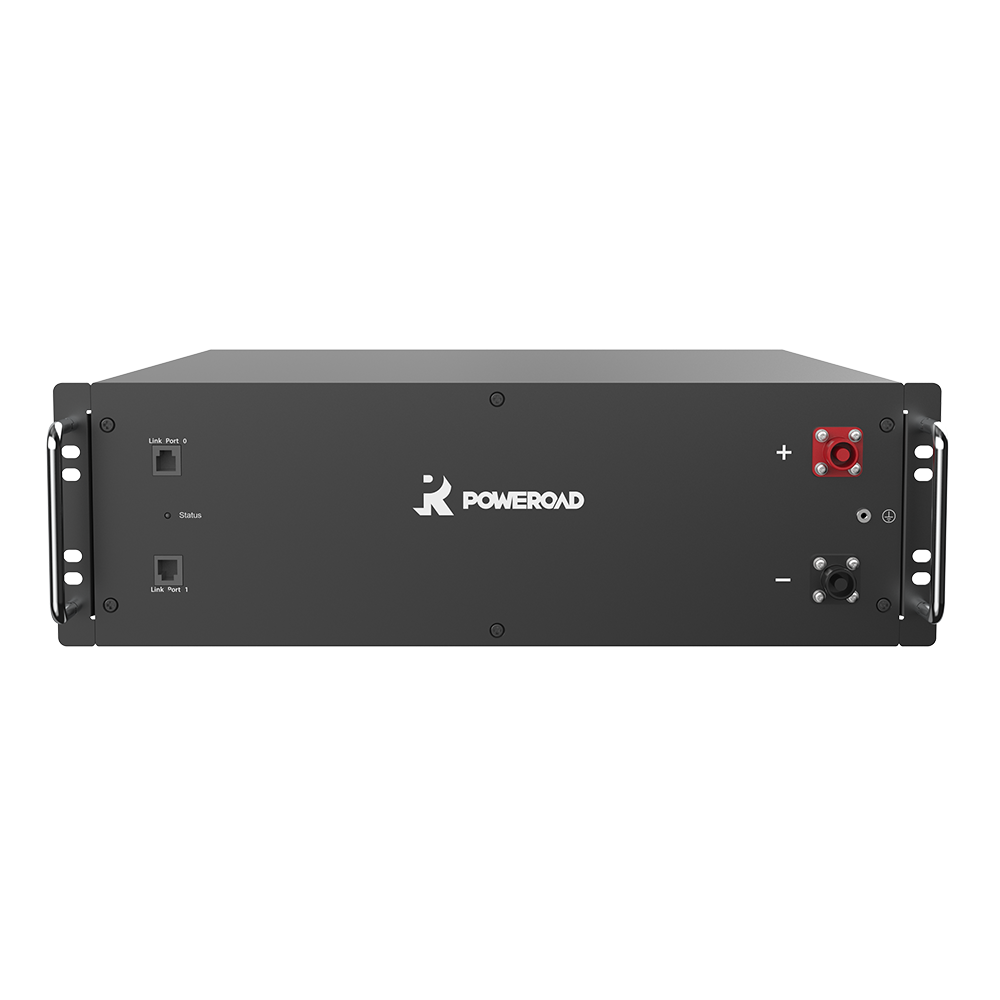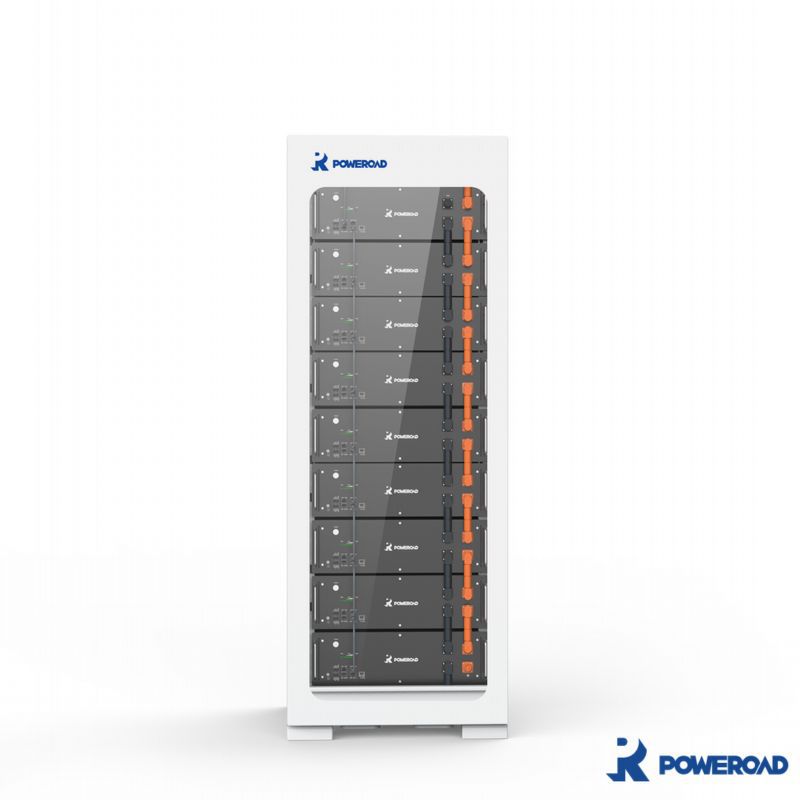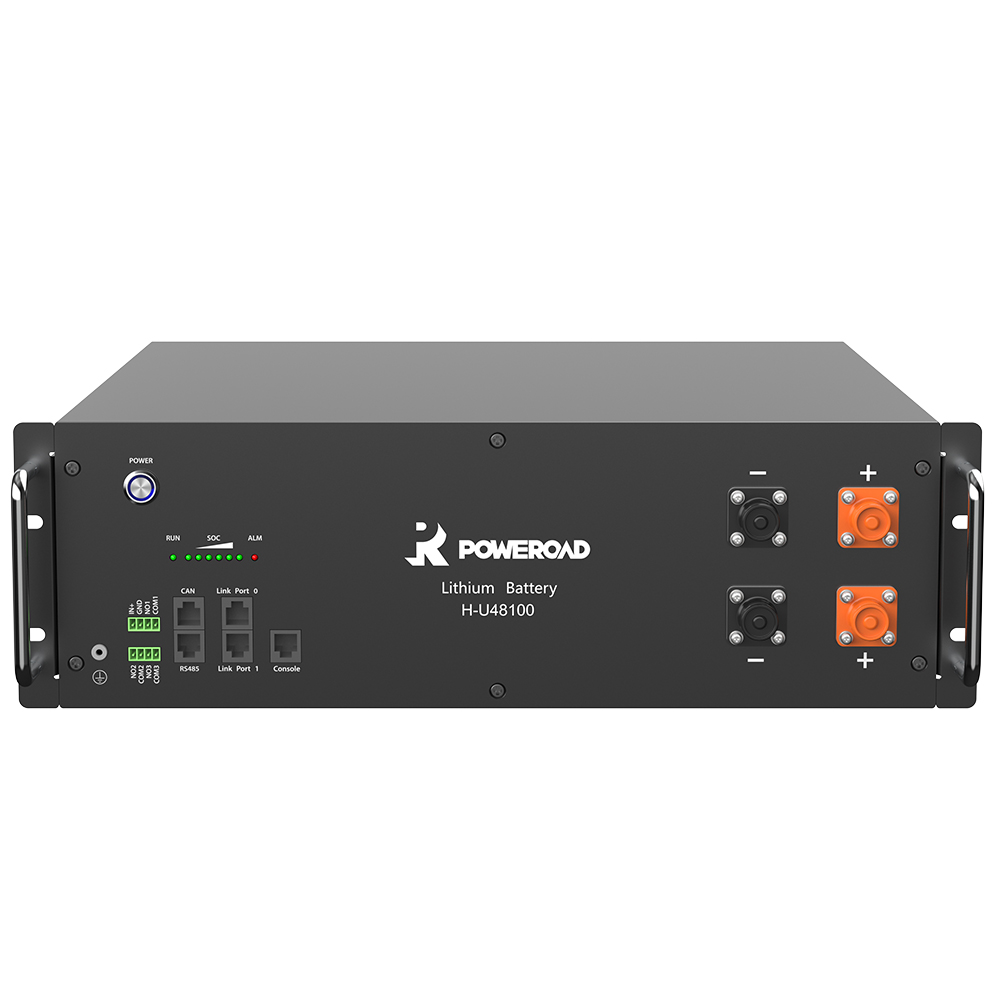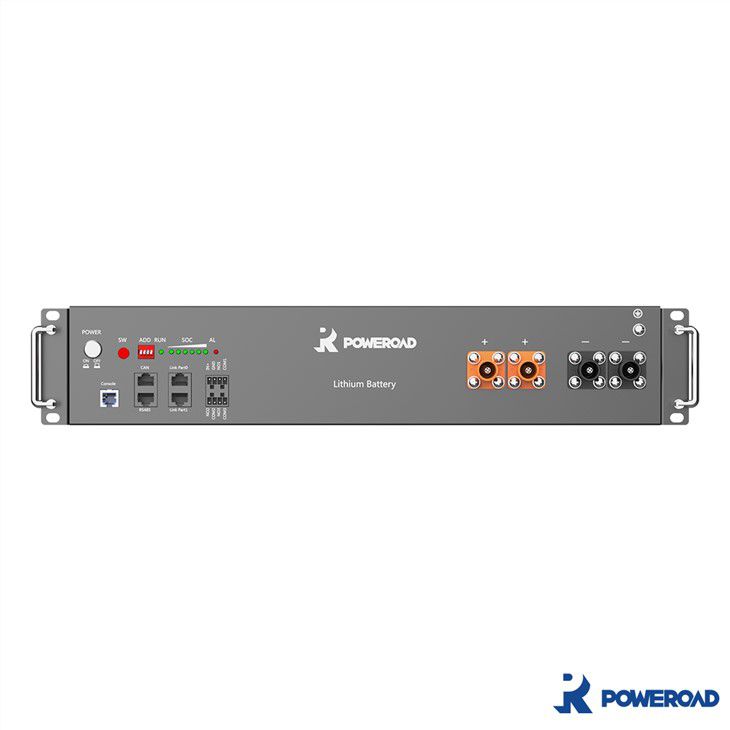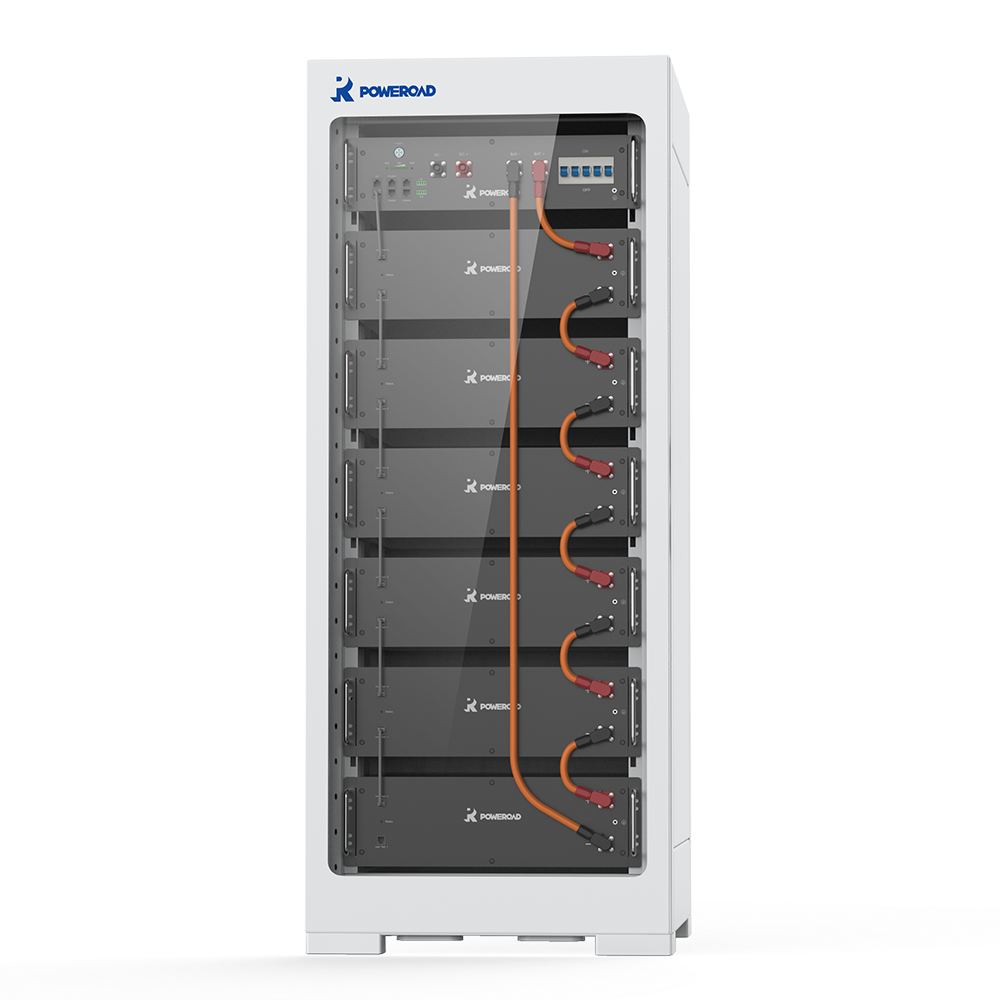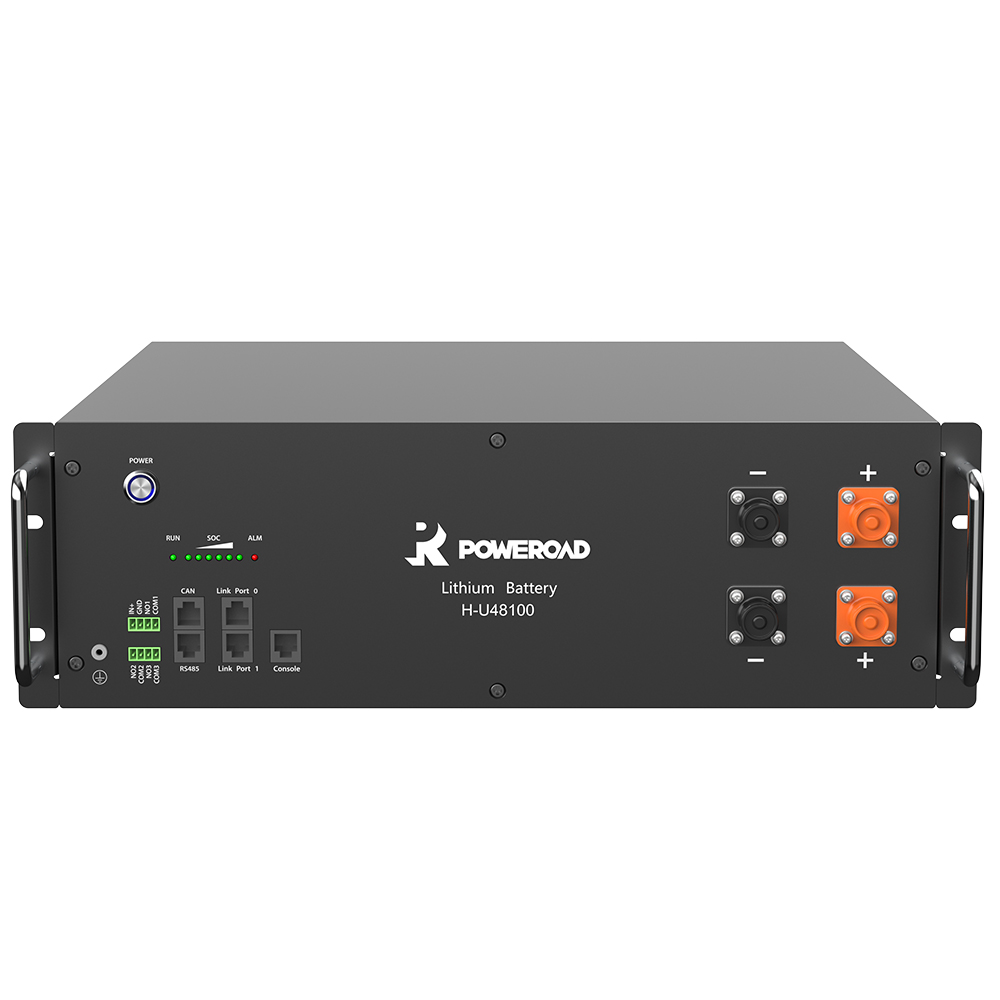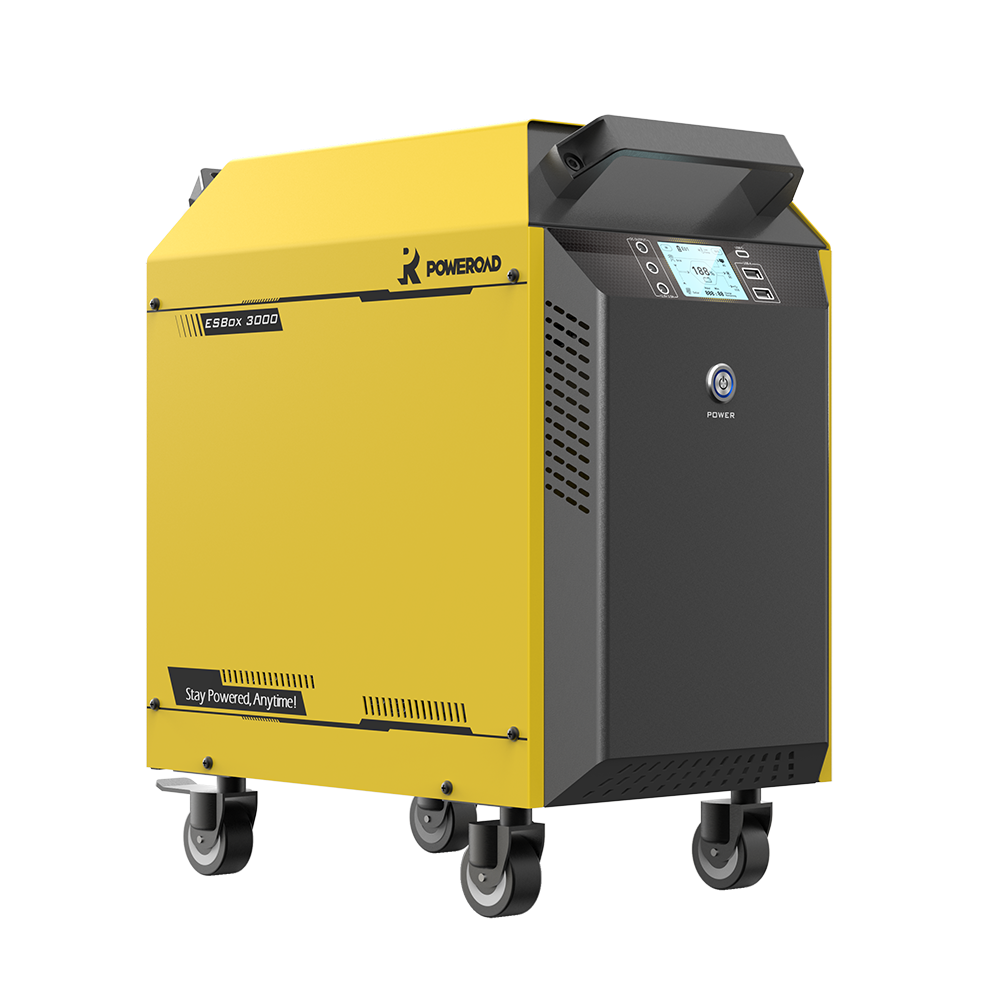Introduction
Energy independence has become a pivotal goal for many households across the globe. As the world grapples with environmental concerns and fluctuations in energy prices, residential Energy Storage Systems (ESS) have emerged as a game-changer. These systems, which store excess energy generated from renewable sources like solar panels or wind turbines, offer homeowners greater control over their energy consumption, lower utility bills, and a reduced environmental footprint. In this article, we will explore the myriad benefits of residential ESS solutions, delving into how they empower homeowners to achieve energy independence while contributing to a more sustainable future.
Understanding Residential Energy Storage Systems
Residential Energy Storage Systems, often referred to as home battery systems, are devices that store excess electricity generated from renewable sources or during periods of low demand. This stored energy can then be used when electricity demand is high or when renewable sources are not generating power. The key components of a typical residential ESS include:
- Battery Storage: The heart of the system, batteries store electrical energy in chemical form for later use.
- Inverter: Converts the direct current (DC) electricity stored in the batteries into alternating current (AC) electricity that can power household appliances.
- Monitoring and Control System: Allows homeowners to monitor the status of the system and make adjustments as needed.
Reducing Electricity Bills
One of the primary benefits of residential ESS solutions is their ability to reduce electricity bills significantly. Here’s how it works:
- Time-of-Use (TOU) Optimization: Many utilities charge varying rates for electricity at different times of the day. ESS systems can store electricity during off-peak hours when rates are low and supply power during peak hours when rates are high, effectively lowering overall electricity costs.
- Energy Arbitrage: This strategy involves storing excess energy generated by solar panels during the day and using it in the evening when solar generation is minimal. By doing so, homeowners can avoid purchasing electricity from the grid at higher rates during peak hours.
- Backup Power: ESS systems can provide backup power during outages, ensuring essential appliances and systems remain operational. This not only enhances the quality of life during emergencies but also eliminates the need for expensive backup generators.
Maximizing Renewable Energy Use
For homeowners with solar panels or wind turbines, residential ESS solutions provide a means to maximize the benefits of renewable energy. Here’s how:
- Energy Shifting: ESS systems store excess energy generated during the day, which can then be used at night or during cloudy/windless days. This ensures that renewable energy is fully utilized, reducing reliance on fossil fuels.
- Grid Independence: With a sufficiently large ESS, homeowners can reduce their reliance on the grid during favorable weather conditions. In some cases, they may even become entirely grid-independent, relying solely on renewable energy and stored power.
Environmental Benefits
Residential ESS solutions play a crucial role in reducing the environmental footprint of households. By enabling greater energy efficiency and reducing the need for fossil fuel-generated electricity, these systems contribute to a more sustainable future. Here are the environmental benefits:
- Reduced Greenhouse Gas Emissions: Using stored renewable energy instead of electricity from fossil fuels reduces carbon dioxide emissions, helping combat climate change.
- Decreased Grid Strain: Lower demand on the grid reduces the need for additional power plants, which often rely on fossil fuels. This, in turn, reduces air and water pollution associated with power generation.
- Promotion of Renewable Energy: The adoption of residential ESS solutions encourages the growth of renewable energy sources by creating a more stable market for solar and wind power.
Grid Support and Resilience
Residential ESS solutions don’t just benefit homeowners; they can also contribute to the stability and resilience of the broader energy grid. Here’s how:
- Peak Demand Reduction: By reducing electricity demand during peak hours, ESS systems can alleviate strain on the grid, lowering the risk of blackouts and brownouts.
- Grid Balancing: ESS systems can provide ancillary services to the grid, such as frequency regulation and voltage support, enhancing grid stability.
- Disaster Resilience: During natural disasters or grid failures, ESS-equipped homes can continue to operate, offering critical support to communities and reducing the burden on emergency services.
Factors to Consider When Choosing an ESS
When considering the installation of a residential ESS, several factors should be taken into account:
- System Capacity: The size of the battery and its capacity should match the energy needs of the household.
- Compatibility: Ensure that the ESS is compatible with your existing renewable energy sources and inverter.
- Cost and ROI: Assess the upfront cost of the system, available incentives, and the expected return on investment through energy savings.
- Lifespan: Batteries have a limited lifespan, so it’s essential to understand the warranty and replacement costs.
- Maintenance: Consider the maintenance requirements of the system, including monitoring and periodic checks.
Conclusion
Residential Energy Storage Systems are not just a technological innovation; they represent a transformative shift in how we consume and think about energy. These systems empower homeowners to take control of their energy usage, reduce costs, and contribute to a cleaner, more sustainable future. As the world moves toward greater energy independence and environmental responsibility, residential ESS solutions will continue to play a pivotal role in shaping the energy landscape of tomorrow. By harnessing the power of renewable energy and smart technology, homeowners can truly achieve energy independence while making a positive impact on the planet.
Related Products

